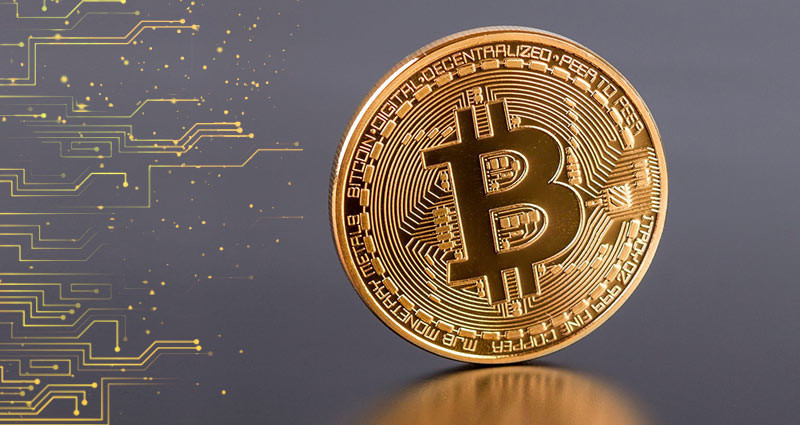Are Traders Manipulating the Price of Bitcoin?
Story by: Sean Williams
In 2017, the cryptocurrency market simply couldn’t be stopped. In just a 12-month period, the combined value of all virtual currencies added together rose from $17.7 billion to roughly $613 billion – a gain of more than 3,300%. By comparison, it would have taken the stock market decades to generate the returns that virtual coins dished out in just one year.
Wait, bitcoin can go down in value?
However, 2018 has been a completely different story. Bitcoin, the largest cryptocurrency in the world by market cap, shed more than half of its value in just a one-month span toward the beginning of the year, and it’s struggled to recover ever since.

IMAGE SOURCE: GETTY IMAGES.
What’s behind bitcoin’s struggles, you ask? Part of the blame can be assigned to a step-up in regulation. Investors tend to appreciate the anonymity and unregulated nature of virtual currencies. However, in South Korea, a market that’s critical to the success of bitcoin and digital currencies in general, new laws in place require banks to verify the identity of their members before linking their bank accounts to cryptocurrency exchanges. This newfound transparency likely goes a long way to validating bitcoin as an asset, but it’s not been viewed as a positive by some within the crypto community.
Bitcoin’s woes may also be partially blamed on what I refer to as the proof-of-concept conundrum associated with blockchain technology. Blockchain — the digital, distributed, and decentralized ledger that underlies most cryptocurrencies and is responsible for logging all data in a secure and unchanging manner — has proven its worth in numerous small-scale projects, but has yet to catch on in the real world. Until businesses are willing to give this technology a shot, and blockchain can demonstrate its ability to scale, it’ll remain constrained.
More recently, though, legal concerns have held back bitcoin.
Are traders manipulating the price of bitcoin?
Last week, the U.S. Department of Justice (DOJ) announced that it was opening up a criminal probe into whether cryptocurrency traders are manipulating the price of bitcoin and Ethereum for financial gain. The DOJ will be working side by side with the Commodity Future Trading Commission, which currently handles all derivatives trading tied to bitcoin.
The DOJ believes that bitcoin is susceptible to fraud for a number of reasons, as listed by Bloomberg. In particular, regulators question whether cryptocurrency exchanges have adequate measures in place to actively pursue those folks who attempt to cheat the system. They also point to the wild volatility in digital currencies as a lure for cheaters who are looking to manipulate the system. Lastly, the aforementioned lack of regulations could make it considerably easier for traders to move virtual coins like bitcoin.

IMAGE SOURCE: GETTY IMAGES.
According to sources familiar with the matter, regulators are looking into two specific types of manipulation: spoofing and wash-sale trades.
Spoofing involves a trader, or group of traders, placing an order that creates a new best bid or adds to the perceived liquidity of an asset. Shortly thereafter, the trader(s) will then cancel their initial bid (the spoof) and place a trade on the opposite side of the market. This is done so a trader can sell their stake in an asset, but at an improved sales price thanks to their spoofed bid, which may have offered the perception of downside liquidity and/or support and encouraged other traders to bid up the price of an asset. The same can be done in reverse, with spoofed asks, ultimately allowing the trader(s) to net a more attractive purchase price on an asset.
On the other hand, a wash-sale would involve an individual, or group of traders, buying and selling an asset with themselves in the hope of pushing its price higher and giving off the perception of improved liquidity.
Given how little regulation surrounds most decentralized crypto exchanges, spoofing and wash-sale trades may very well both be occurring, but we won’t have any confirmation on that until the DOJ’s investigation wraps up, which could take some time.

